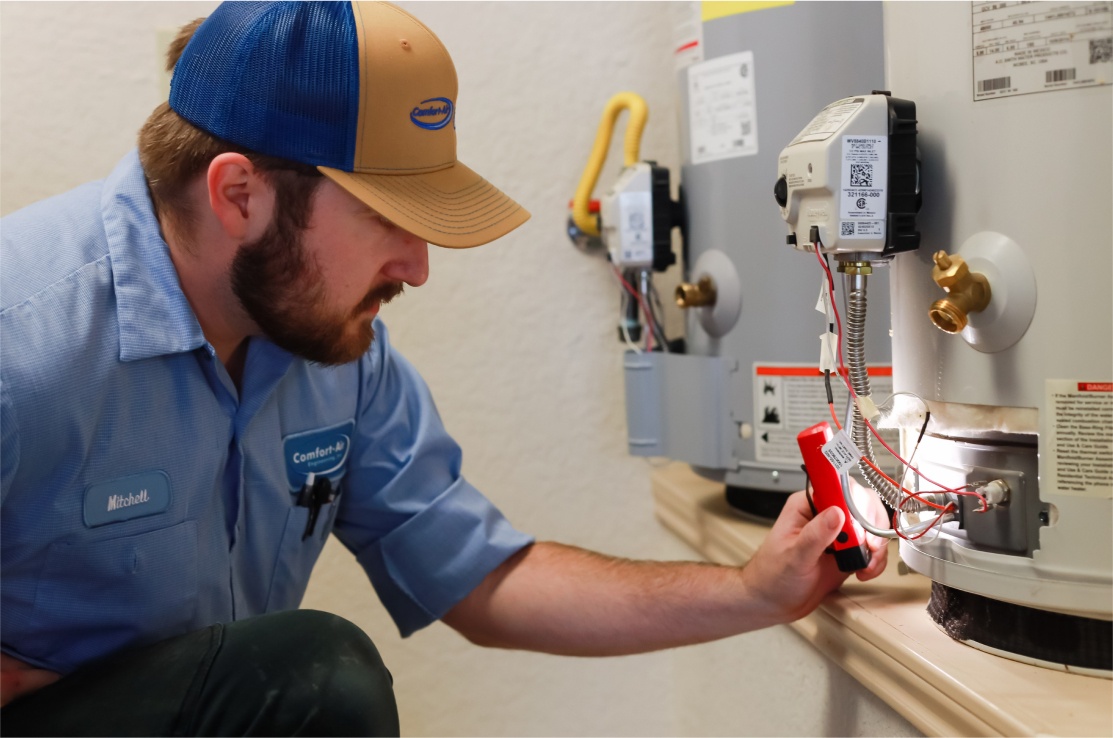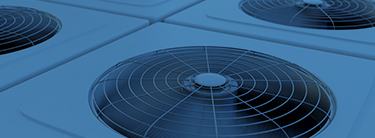
Get Rid of Leaks and Keep Your Plumbing Healthy
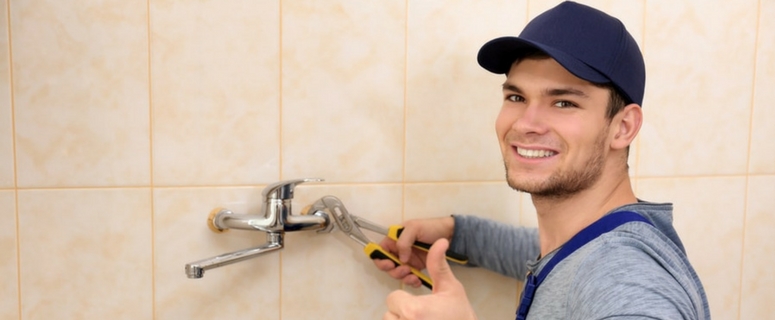
Do you frequently experience plumbing leaks around the house and wish there was something you could do to prevent them?
Well, good news: there are several things you can do to keep your plumbing system healthy and prevent leaks, and today we’re going to tell you all about these great and simple DIY tricks.
Steer Clear of Chemical Drain Cleaners
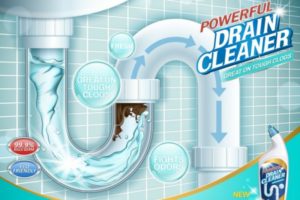
But whatever you do, don’t use corrosive chemical drain cleaners, because these can eat through your pipes just as they can dissolve whatever is causing the blockage.
Check Regularly for Leaks & Know What to Look For
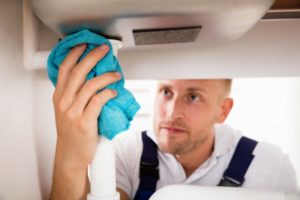
Every couple of months or so, check your water meter reading and then make sure nobody uses any water for about two hours. When the clock is up, check the reading again to make sure there hasn’t been a change.
Note: Because you didn’t use any water, a change in the reading indicates that water is leaking somewhere. Check your faucets, pipes, and toilets for leaks, and then check your walls and floors for signs of water damage, such as wetness and discoloration.
Take Steps to Stop and Prevent Pipes from Corroding
Corrosion is dangerous for pipes because not only can it weaken them and leave them susceptible to further damage, but it can also cause holes that allow leaks to form. There’s more than one factor that can lead to corroded pipes, so let’s go over a few of them and how you can prevent them:
Low pH: Water with a pH below 6.5 is slightly acidic, and the acid in the water can cause corrosion and damage. Prevention: A soda ash feeder or calcite neutralizer tank
- Bacteria: Bacteria in your water can also corrode metal, and if this is a problem in your house, then you can prevent it by installing a filter that treats the water before coming into your plumbing system
- Iron: Iron deposits in your water can corrode your pipes as well, and a common culprit for this problem is your hot water heater. Prevention: Change the anode rod in your hot water tank every five years to keep iron deposits out of your water
- Stagnant water: Because water will naturally corrode pipes, having standing water in your pipes for long periods (such as if you go on vacation) can cause serious damage. Prevention: Turn off the water and bleed your pipes before going away on holidays
Reduce Water Pressure That’s Too High

With these simple DIY tips, you can keep your plumbing system healthy, leak-free, and in good working order for many years to come. Beyond that, you’ll also help to ensure that your house and family have access to water whenever you need it, and prevent expensive plumbing headaches in the future.

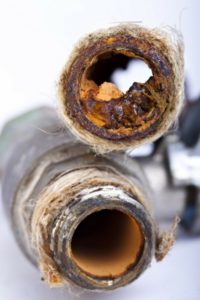 Low pH: Water with a pH below 6.5 is slightly acidic, and the acid in the water can cause corrosion and damage. Prevention: A soda ash feeder or calcite neutralizer tank
Low pH: Water with a pH below 6.5 is slightly acidic, and the acid in the water can cause corrosion and damage. Prevention: A soda ash feeder or calcite neutralizer tank




